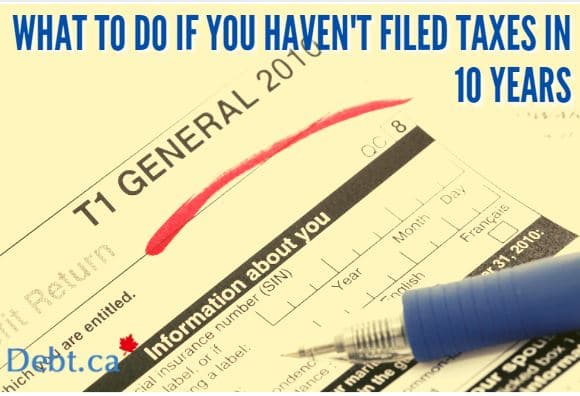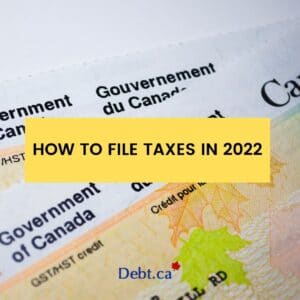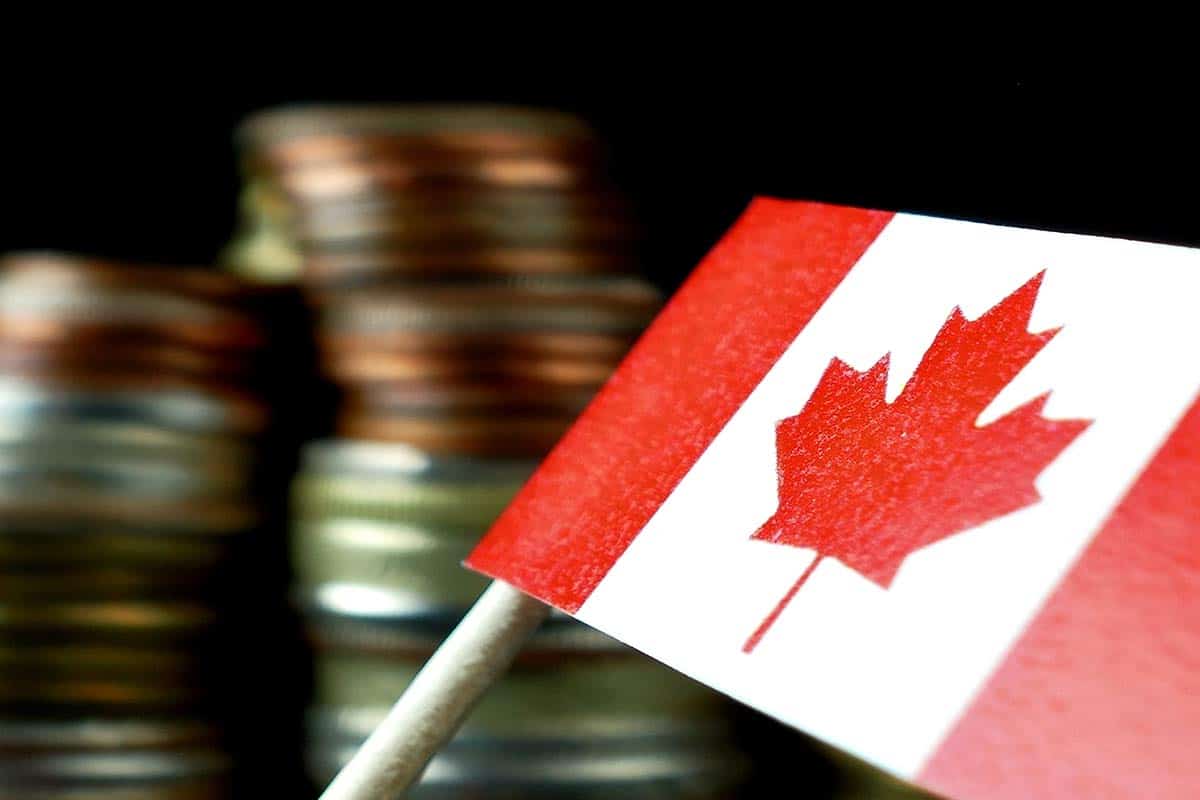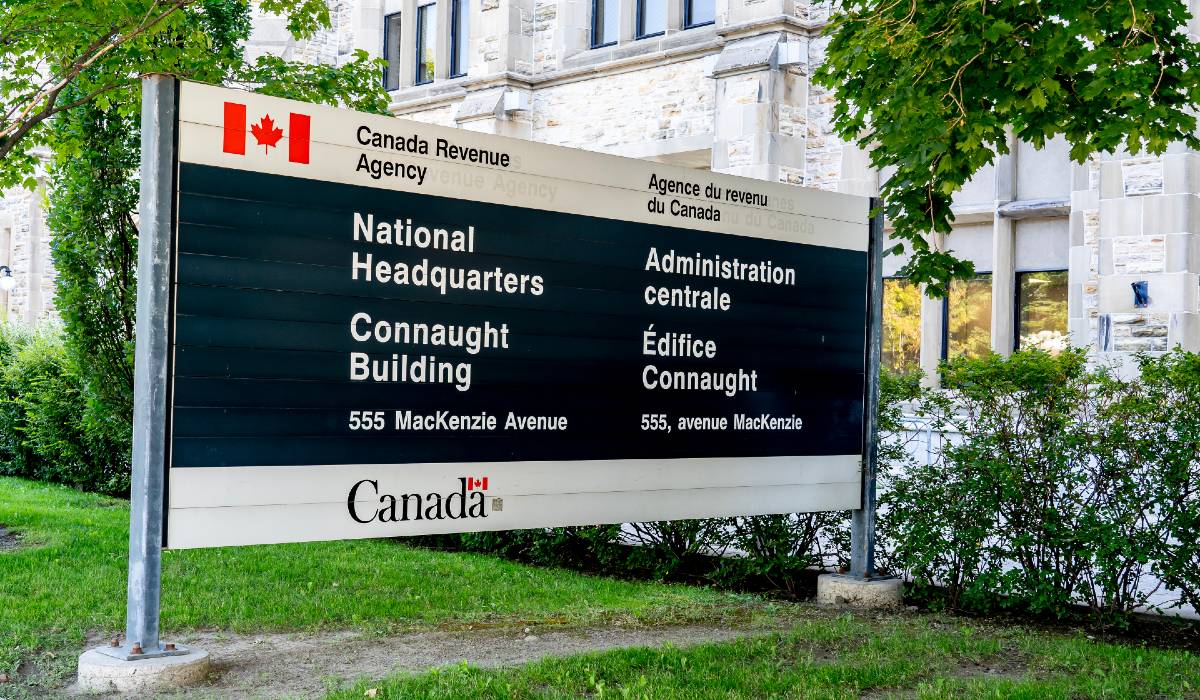Many Canadians dread tax time. Tax season takes an emotional toll on us, as it increases strain on relationships, and instills fear of government. Understandably, Canadians sometimes stall filing their taxes, and this is especially true during pandemic times.
Entrepreneurs and other self-employed individuals are prone to filing late, as they are likely to reinvest the money they owe in income taxes into their business instead. Others may feel hesitant to file for other reasons depending on their individual tax situations, such as not having the funds to pay taxes or not having the knowledge to file correctly.
Despite the stress, many feel when thinking about taxes, federal tax law documents financial and criminal penalties that are more burdensome to a taxpayer than the initial stress of filing.
Filing late might result in tax penalties and accruing interest from the Canada Revenue Agency (CRA) that you’ll need to pay eventually. Avoiding filing taxes for a year is one thing, but what happens if you delay for much longer, for ten years? No matter how long it’s been since you filed, it’s always better to address the issue instead of delaying it any longer.
Luckily, filing and paying your taxes is still possible even if you haven’t filed in a while.
You don’t have to file taxes if…
There are very few circumstances that excuse your obligation to file taxes in Canada. For example, if you made less than 13,229 in 2020, your income isn’t taxable. However, it’s still good practice to file a tax return in case you qualify for any credits and deductions.
The Voluntary Disclosure Program
The CRA established the Voluntary Disclosure Program to give taxpayers the option to correct their tax information or file late taxes without having to pay penalties and interest. The program also protects the taxpayer from facing any prosecution for correcting incorrect information or disclosing new information that they did not previously share. Some examples of this information include:
- undeclared or under-reported income
- foreign assets and income
- unfiled tax returns
- excise tax disclosures
- deductions
- duties
- income tax filings
However, taxpayers that wish to participate in the program must do so voluntarily, and only when there is a chance at otherwise being subject to penalty and interest. That means, you must apply before the CRA inquires about your taxes or discovers incorrect information. Your application must be complete, meaning you must include all tax information from previous years. Finally, you must pay for the entire, estimated amount owing in taxes.
What is a Notional Assessment?
One reason people find taxes intimidating is that the CRA doesn’t tell you how much you owe them. You have to figure that out for yourself. However, if you don’t file your returns for a while and the CRA notices, they might create a notional assessment.
A notional assessment is a tax return that the CRA creates on your behalf where they estimate the tax you owe them. Once the CRA files a notional assessment, they can reach out to you to collect
How to File Overdue taxes
- No matter how long it’s been, get started. The longer you wait to file your taxes, the more penalties you will owe, and the likelihood of the CRA seeing your avoidance as tax evasion increases.
- If you haven’t filed in years and the CRA has not yet contacted you about your late taxes, apply to the Voluntary Disclosure Program as soon as possible. This helps you avoid prosecution for tax evasion, as well as penalties and interest fees for filing your tax returns late.
- If it’s only been a year or so since you filed your taxes, simply file again like you normally would. You’ll want to file during tax season to ensure softwares such as Netfile are still in service. The CRA will let you know if you owe any money in penalties.
- Contact a tax professional. If you’re overwhelmed with your taxes, they might be able to support you with any tax issues as you file.
- If you are unable to pay your tax debt, contact the CRA to negotiate a payment plan. Or, contact a debt settlement company to help negotiate on your behalf.
Final Thoughts
Filing taxes can be stressful, especially if you don’t have enough money in your bank account to pay what you owe. Luckily, there are many options available to you if you are filing late. If you’re struggling with tax debt, contact a credit counsellor today.









